Three weeks. Alone. Sick with COVID.
It was one of the loneliest times I’ve ever known. Every day ran together in a weary procession that never seemed to end. I could barely have told you what day of the week it was. And this, after months of already lonely evenings with almost no social outlets and weary days trying to get students to love Dante and Homer while teaching behind a mask or a screen over Zoom.
Looking back, I think of those three weeks with a shudder; it was a dark time, trying to distract myself from my own thoughts and fears, trying to fill the silent emptiness.
It was this dark time that came to mind while I was pondering Psalm 120, because two of the words I would use to describe myself in January 2021 are two of the same words I would use to describe the psalmist: weary and lonely.
“In my distress, I called to the Lord…” As the psalmist continues, his tone screams for deliverance from isolation: he wants to be freed from the company of those who lie and deceive (vs. 2), bewails his time in foreign, hostile lands (vs. 5), and finally declares, in exasperation, “I am for peace, but when I speak, they are for war!” (vs. 7)
He isn’t really alone, though. He is clearly surrounded by people on all sides, but by people so different from him in values and goals, that he feels alone. I was struck by his frustration, which seems to come from this intense loneliness that springs from repeatedly not being heard or being ignored; his weariness seems to come from having to stand for the truth when everyone around him couldn’t care less.
Does any of this sound or feel familiar? Even if we cannot relate to the specific situation in which the psalmist finds himself, feeling lonely and weary is something we can all relate to in some way after experiencing a global pandemic.
The next question that comes to my mind is, “How do we respond to such a time?”
What of the psalmist? What was his solution?
Ashley Carr

